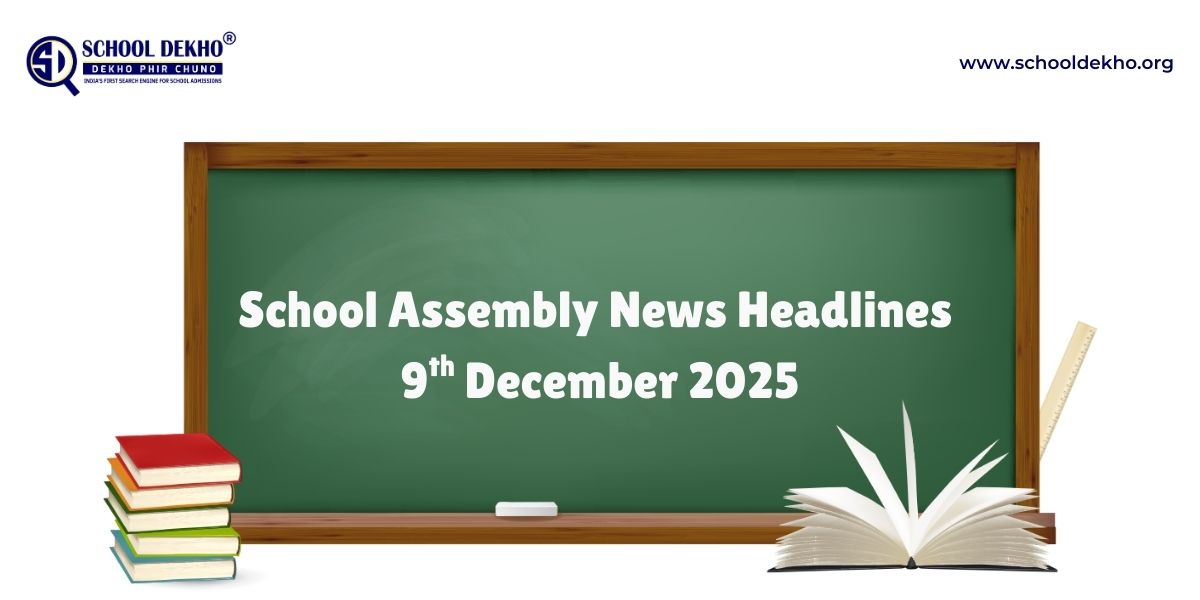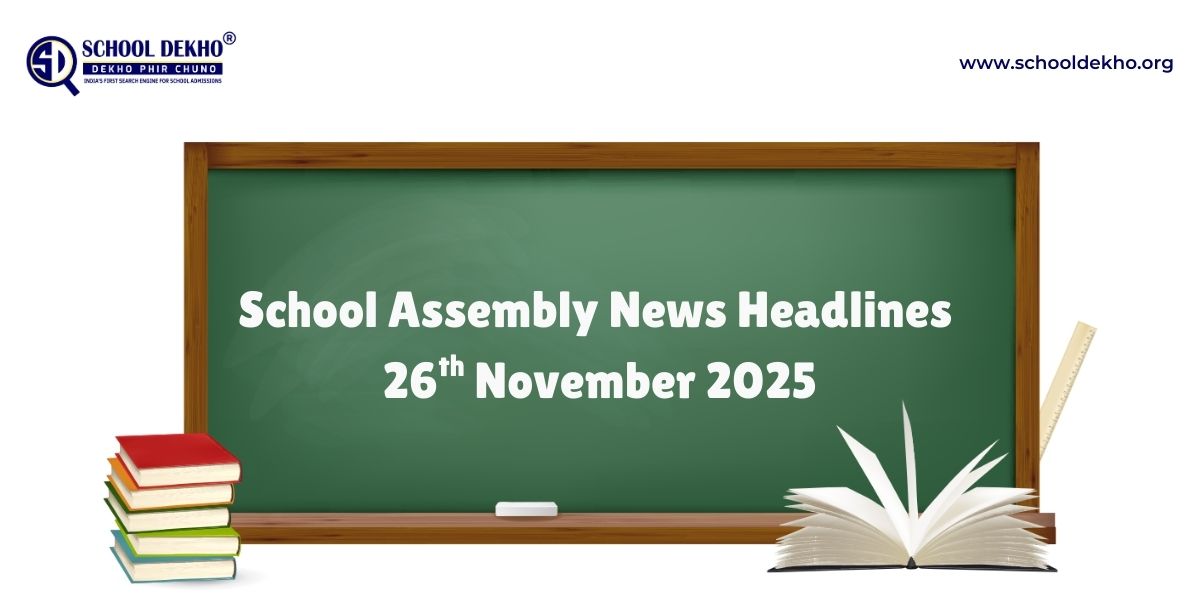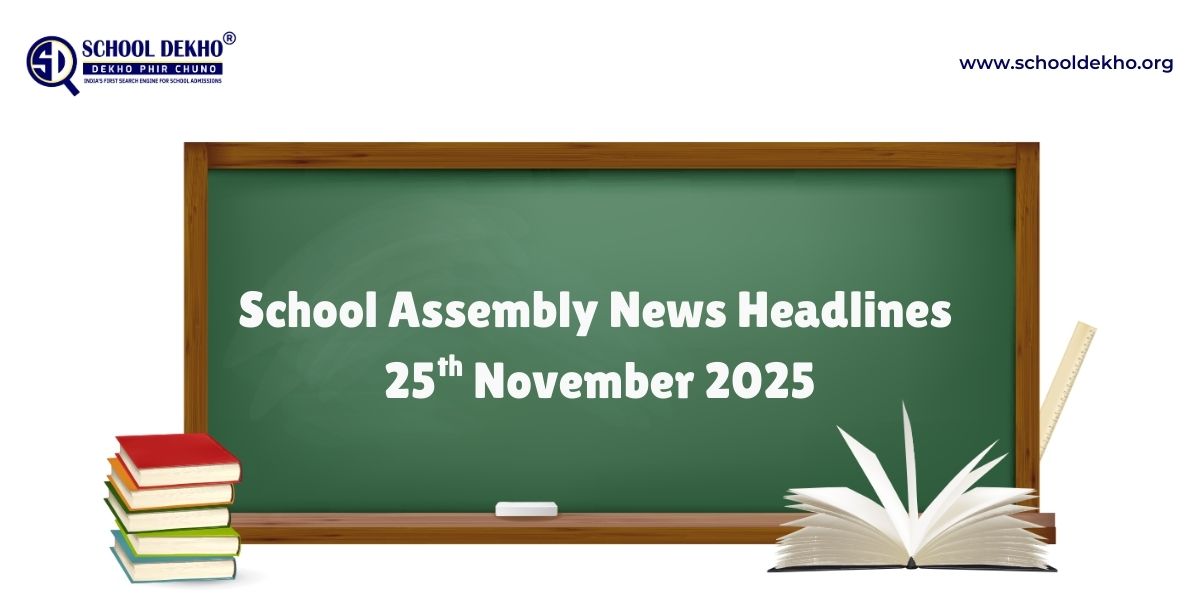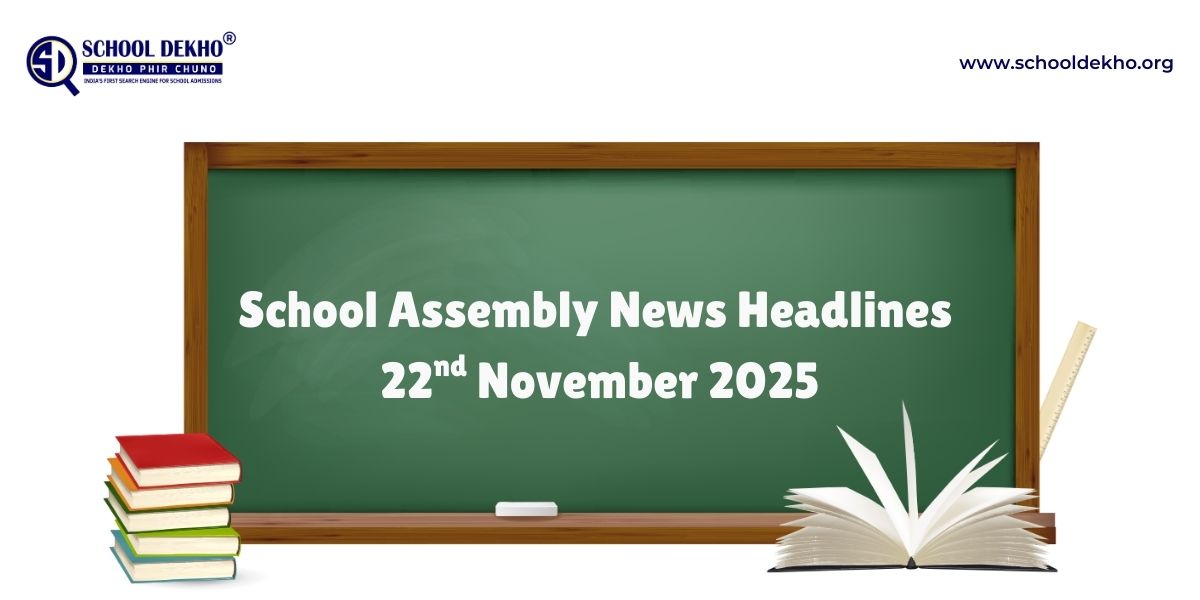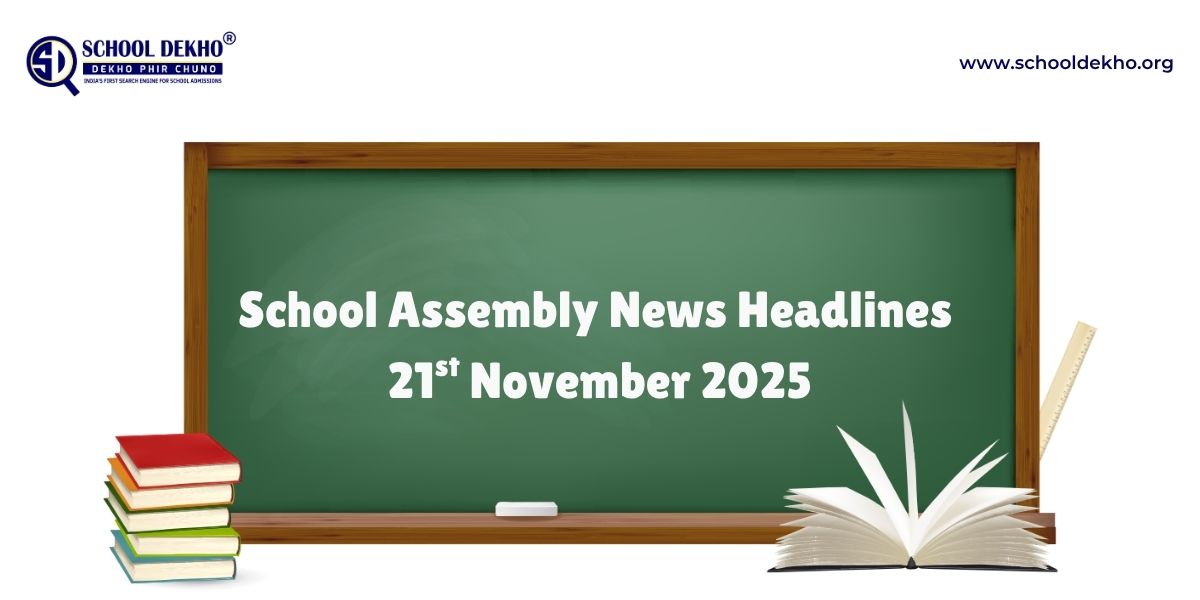Shaping Education: Board Exams Twice a Year and Key Changes in National Curriculum Framework
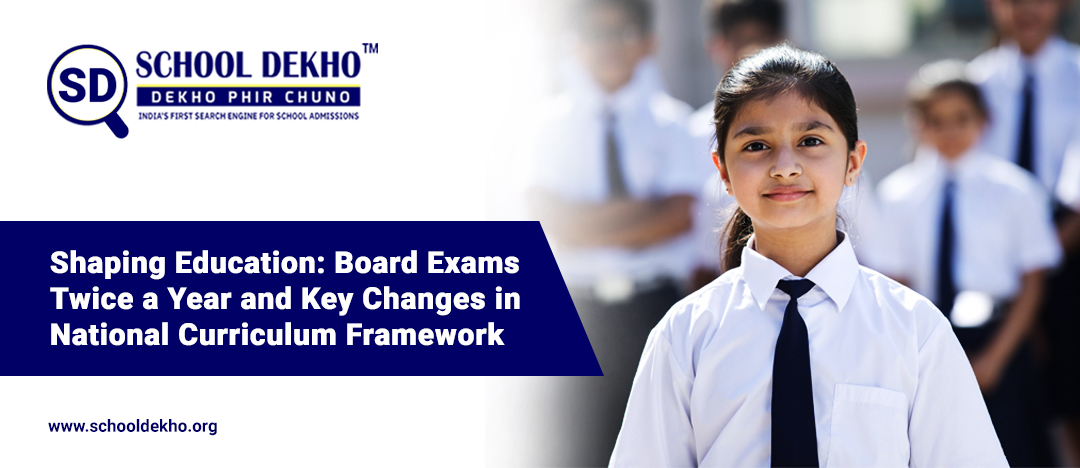
In a transformative move that aligns with the National Education Policy (NEP) 2020, Union Minister of Education, Dharmendra Pradhan, has unveiled a series of significant changes in the education system. Among them is the plan to conduct board exams twice a year, a step aimed at enhancing student performance and reducing the stress associated with high-stakes exams.
A Dual Opportunity for Student Excellence:
The announcement of conducting board exams twice a year reflects a forward-looking approach to education. This change allows students to appear for board exams on subjects they have completed and feel prepared for. Offering exams biannually provides ample time for preparation and ensures that students can showcase their best performance.
Retaining the Best Score:
To further alleviate the pressure of exams, the new system allows students to retain the best score out of the two attempts. This approach not only acknowledges the fact that students' capabilities can vary on different occasions but also provides a safety net for those who may face challenges during their first attempt.
Vision of National Curriculum Framework (NCF):
The announcement was made during the release of the National Curriculum Framework for School Education (NCF), which serves as a roadmap for shaping the educational landscape in alignment with NEP 2020. The NCF envisions a more holistic and flexible education system that nurtures students' overall development and prepares them for the challenges of the future.
Strengthening Language Learning:
One of the pivotal changes introduced is the requirement for class XI and XII students to study two languages, with at least one being an Indian language. This emphasizes the preservation and appreciation of India's linguistic diversity while equipping students with language skills that are integral to effective communication and cultural understanding.
Transition to Competency-Based Assessment:
The forthcoming board exams will shift the focus from rote memorization and coaching-centric practices to a more holistic assessment of students' understanding and competencies. This transition aims to provide a level playing field for all students, regardless of the extent of coaching they have received.
Curriculum Flexibility and Interdisciplinary Learning:
The updated curriculum framework brings flexibility to subject choices in classes XI and XII. The conventional boundaries between streams such as Arts, Science, and Commerce are dismantled, enabling students to choose subjects across multiple disciplines. This interdisciplinary approach fosters a well-rounded education that prepares students for diverse career pathways.
Embracing Progressive Pedagogy:
To create a more engaging and effective learning environment, the new framework discourages the practice of 'covering' textbooks in classrooms. Instead, it encourages interactive and experiential learning that promotes a deeper understanding of concepts and encourages critical thinking.
Optimizing Textbook Costs:
Recognizing the financial burden that textbooks can pose on students and families, the framework underscores the need to optimize the cost of textbooks. This focus aligns with the broader goal of ensuring that quality education is accessible to all, regardless of economic background.
Conclusion: Shaping a Progressive Educational Landscape:
The shifts announced by the Ministry of Education signify a paradigm shift in India's education system. The introduction of biannual board exams, accompanied by flexible subject choices, competency-based assessment, and holistic learning approaches, marks a significant departure from the traditional model of education. These changes are designed to empower students, nurture their individual talents, and prepare them for the complexities of the modern world. As India's education system adapts to the changing needs of society and the demands of the future, these reforms reflect a commitment to excellence, inclusivity, and innovation in education.
Contact with Us
Call: 1800 - 2588 - 074
Mail: info@schooldekho.org
Student’s Best Education Portal | School Dekho | India's First School Search Engine | Best Schools Near Me | Find Schools Near Me | Dekho Phir Chuno
#dekhophirchuno


